5083 Marine Aluminum Channels for Lightweight Boat Deck Design
The marine industry continually seeks efficiency and versatility in boat construction. Among the materials available, 5083 Marine aluminum channels have emerged as a stellar choice for lightweight boat deck design.
Why Marine aluminum channels?
Channels made from marine aluminum 5083 are prized for their combination of lightweight structures with excellent strength and corrosion resistance properties. Unlike traditional materials like steel or wood, aluminum offers considerable benefits, particularly in marine environments where exposed elements can cause significant degradation.
Technical Composition and Parameters
Alloy Composition
5083 alloy is primarily made up of the following elements:
- Aluminum (Al): The majority of the material (~90%)
- Magnesium (Mg): 4.0%-4.9%
- Manganese (Mn): 0.4%-1.0%
- Silicon (Si): <=0.4%
- Iron (Fe): <=0.4%
- Copper (Cu): <=0.1%
- Zinc (Zn): <=0.25%
- Others: Residual metals as per industry QQ-A-250/11.
This specific composition enables exceptional weldability, workability, and reliable high-strength performance suitable for marine conditions.
Alloy Tempering and Standards
The tempering of 5083 aluminum significantly influences its mechanical properties. The common tempers related to 5083 are:
- O Temper:** O (annealed) is a designation indicating that the aluminum has not been strain-hardened. It's relatively softer.
- H111 Temper: Lower mechanical-property variant derived from reliable processes such as annealing after working; good corrosion resistance and weldability.
- H116 Temper: Provides a higher yield strength compared to temper H111, making it suitable for higher loads while retaining exceptional corrosion resistance.
General Implementation Standards
According to marine certification standards, materials used in boat production must adhere to BMP (Base Metal Properties) typically encompassing standards such as:
- ASTM B928 - a specification for corrosion-resistant shipbuilding with aluminum alloys.
- AWS D1.2 - the welding code covering aluminum and its alloy systems used in marine environments.
requirements include:
- Proper Maritime Certification (like an LRS accentuation)
- Compliance with designated OSHA environmental awareness.
Expanded Chemical Properties: A Closer Look
The shine of 5083 is perfectly reflected when you delve deeper into its extensive chemical properties.
| Chemical Property | Considerations |
|---|---|
| Corrosion Resistance | Exceptional in severe environments, 5083 certificates resist saltwater and atmospheric corrosion effectively. |
| Yield Strength | 215 MPa or higher, ensures superior resistance against deformation under operational constraints. |
| Tensile Strength | Typically around 290 MPa; reinforces its solid construction integrity. |
| Fatigue Resistance | Strong outperformers commonly associated with dynamic marine conditions |
Strength-to-Weight Ratio: Enhancing Design Potential
Lightweight marine designs liberate builders to structure innovative, nimble vessel designs at reduced energy consumption, benefiting not only payload capacity but also operational efficiency. Given the strength-like yields inherent in 5083 aluminum channels compressing structures inevitably contribute to—even allow elaborate hulls freed from general constraints.
Calculating Structural Integrity with 5083 Channels
Designers opt for utilizing these channels due to specific advantages:
- Utilize advanced robotic welding to fortify designs seamlessly.
- Wider span capabilities lead to less frequent need for support solidifying rub-boats.
- Lap-joined production arrival eliminates tensions which tend to bifurcate seamlessly into owned craft characteristics as staking-cost mileage accumulate.
Related Products
Marine aluminum angles
Marine Aluminum Angles are L-shaped cross-sectional aluminum profiles produced from marine-grade aluminum alloys such as 5083, 5052, and 6061.
View DetailsMarine aluminum channels
Marine Aluminum Channels are U-shaped aluminum profiles produced from alloys such as 5083, 5052, and 6061, known for their excellent marine corrosion resistance and superior mechanical strength.
View DetailsMarine aluminum Z-shaped sections
Marine Aluminum Z-shaped Sections are fabricated from premium marine-grade aluminum alloys such as 5083, 5052, and 6061. These alloys are well-regarded for their superior corrosion resistance in seawater and marine atmospheres, along with good mechanical strength and excellent weldability.
View Details6061 T6 marine aluminum flat bar
6061 aluminum is classified as a heat-treatable 6xxx series alloy, alloyed primarily with magnesium and silicon. The T6 temper designation indicates that the flat bar has been solution heat-treated and artificially aged to achieve optimum strength and hardness.
View DetailsMarine aluminum I-beams
Marine Aluminum I-Beams feature the traditional “I” cross-sectional profile fabricated from marine-grade aluminum alloys like 5083, 5086, and 6061. These alloys are renowned for their outstanding corrosion resistance, especially in saltwater and marine atmospheres, making them ideal for offshore and naval construction.
View Details5083 marine aluminum flat bar
5083 aluminum flat bars belong to the 5xxx series of aluminum-magnesium alloys, known primarily for their superior resistance to seawater corrosion and salt spray.
View DetailsRelated Blog
5083 Marine Aluminum Channels for Lightweight Marine Vessel Design
5083 Marine Aluminum Channels for Lightweight Marine Vessel Design: A Perfect Fusion of Strength, Durability, and Corrosion ResistanceIn the evolving world of marine vessel design, the quest for materials that offer unbeatable strength.
View Details5083 Marine Aluminum Round Bar for Durable Offshore Vessel Parts
When it comes to constructing durable offshore vessel parts, material choice is paramount. Among various options, 5083 marine aluminum round bar stands out as a highly reliable and versatile solution.
View Details5083 Marine Aluminum Round Bar for Custom Boat Hull Design
Designing the perfect boat hull involves a harmony of creativity, functionality, and the right materials. When it comes to marine engineering, 5083 Marine Aluminum Round Bar stands tall, due to its strength, corrosion resistance.
View Details5083 Marine Aluminum I Beams for Seawater Resistant Boat Hull Design
Constructing seawater resistant boat hulls demands not only impeccable design but also the right choice of materials engineered for marine environments. Among available metals.
View Details5083 Marine Aluminum Channels for Offshore Platform Construction
In the demanding world of offshore platform construction, material selection forms the backbone of structural integrity, durability, and performance. With increasing emphasis on lightweight and corrosion-resistant materials.
View Details5083 Marine Aluminum I Beams for High Strength Coastal Engineering
5083 aluminum alloy belongs to the non-heat-treatable Al-Mg-Mn family. Known primarily for excellent corrosion resistance, welding ability, and strong mechanical properties without added heat treatment.
View Details

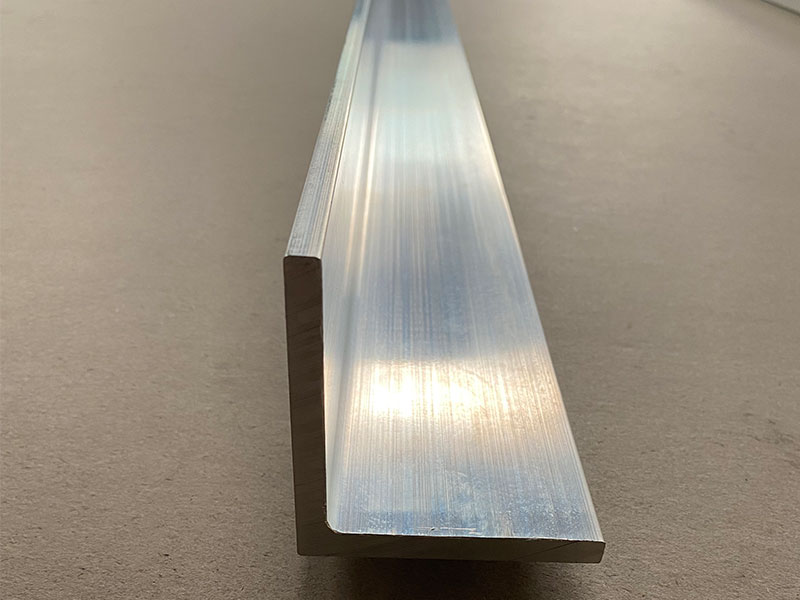
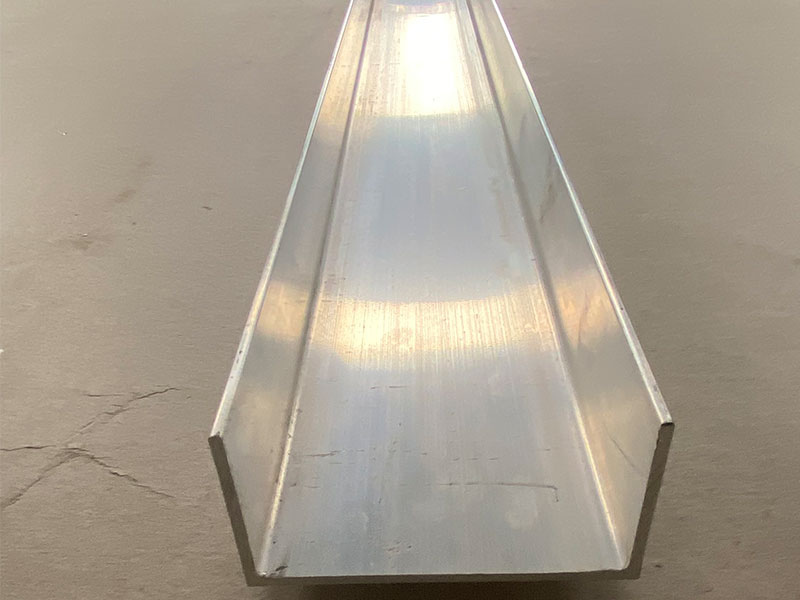
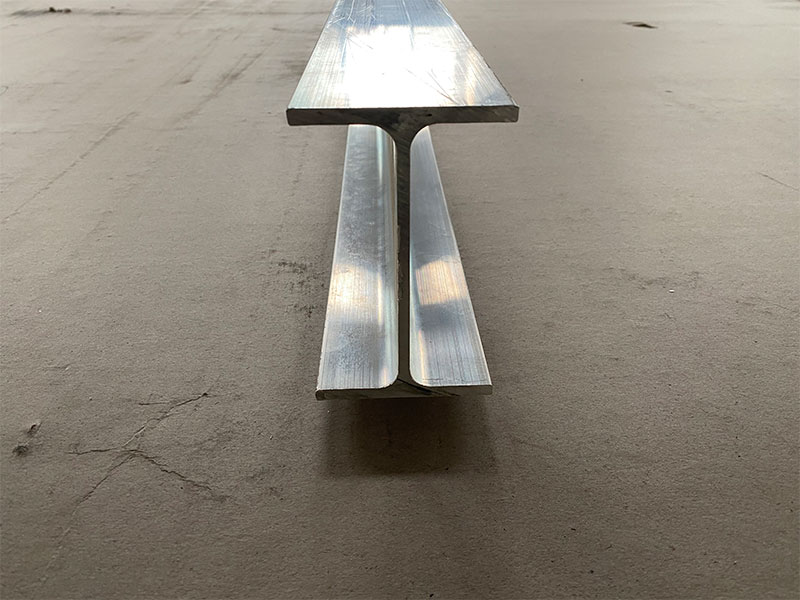
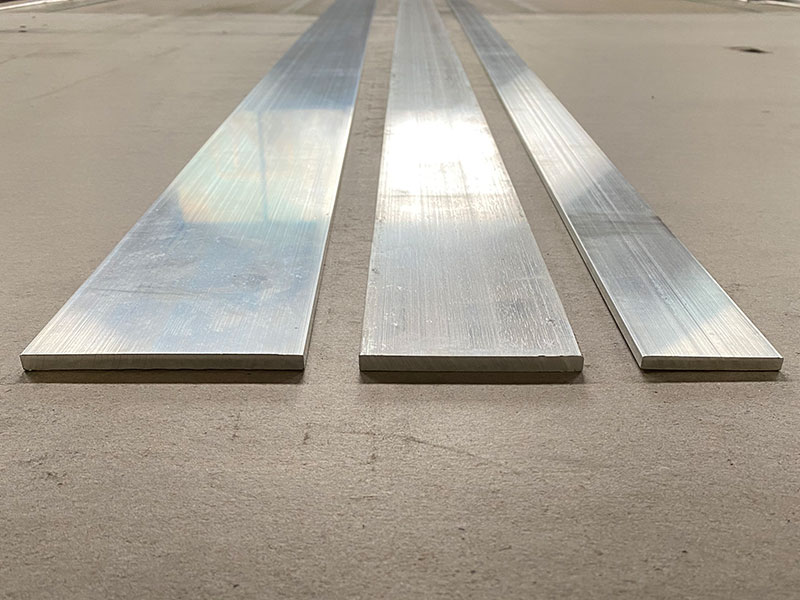
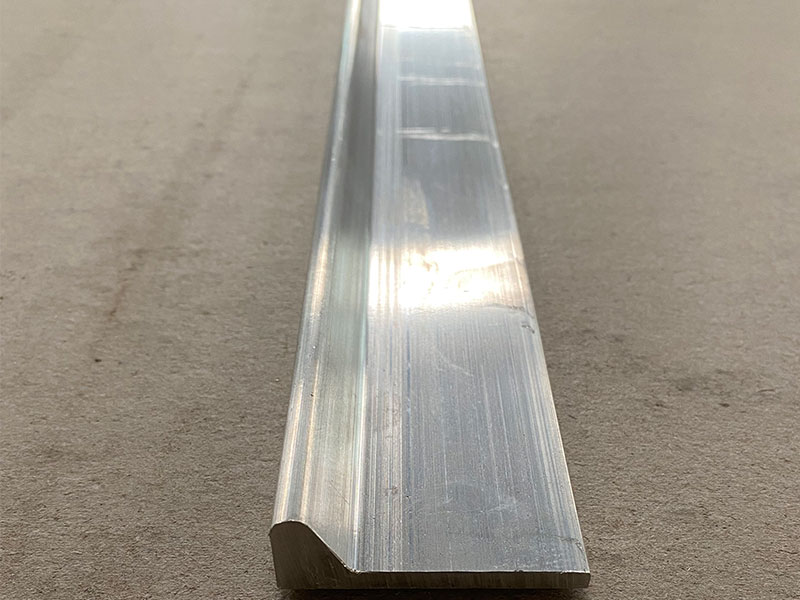
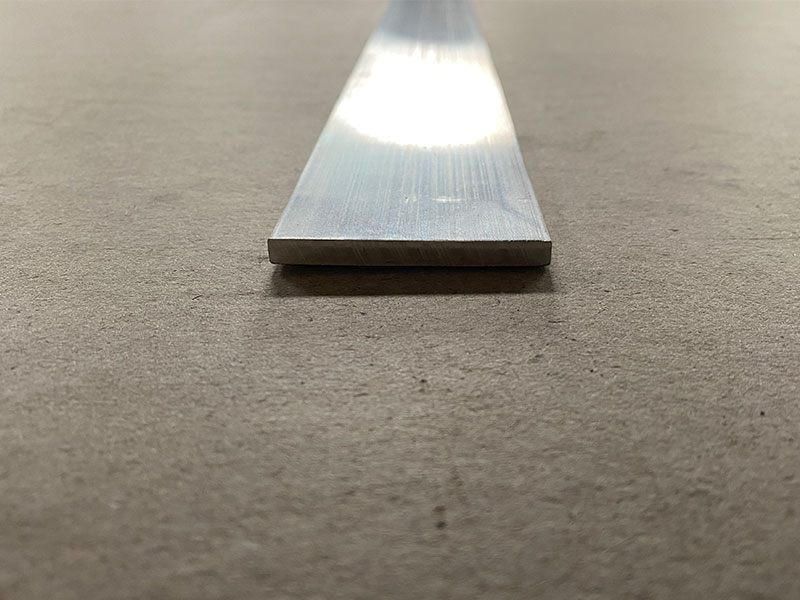







Leave a Message